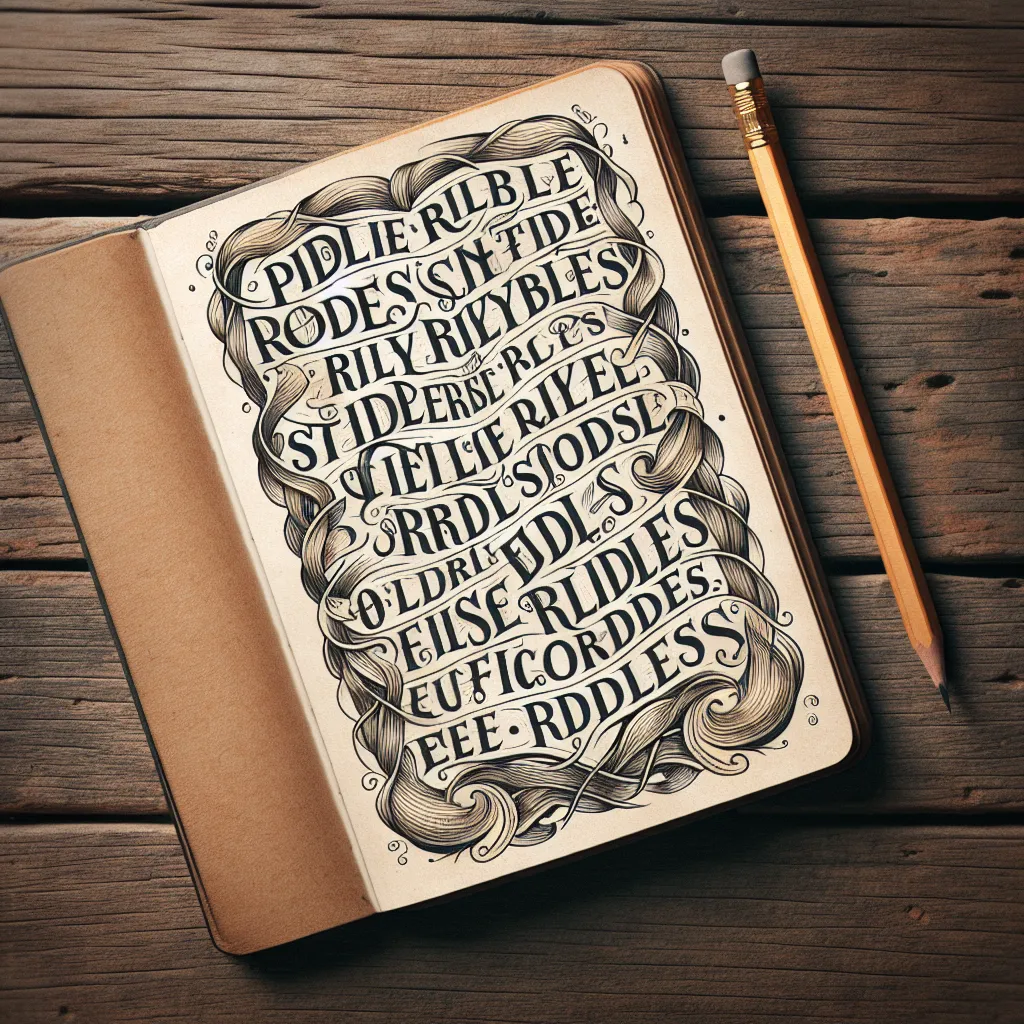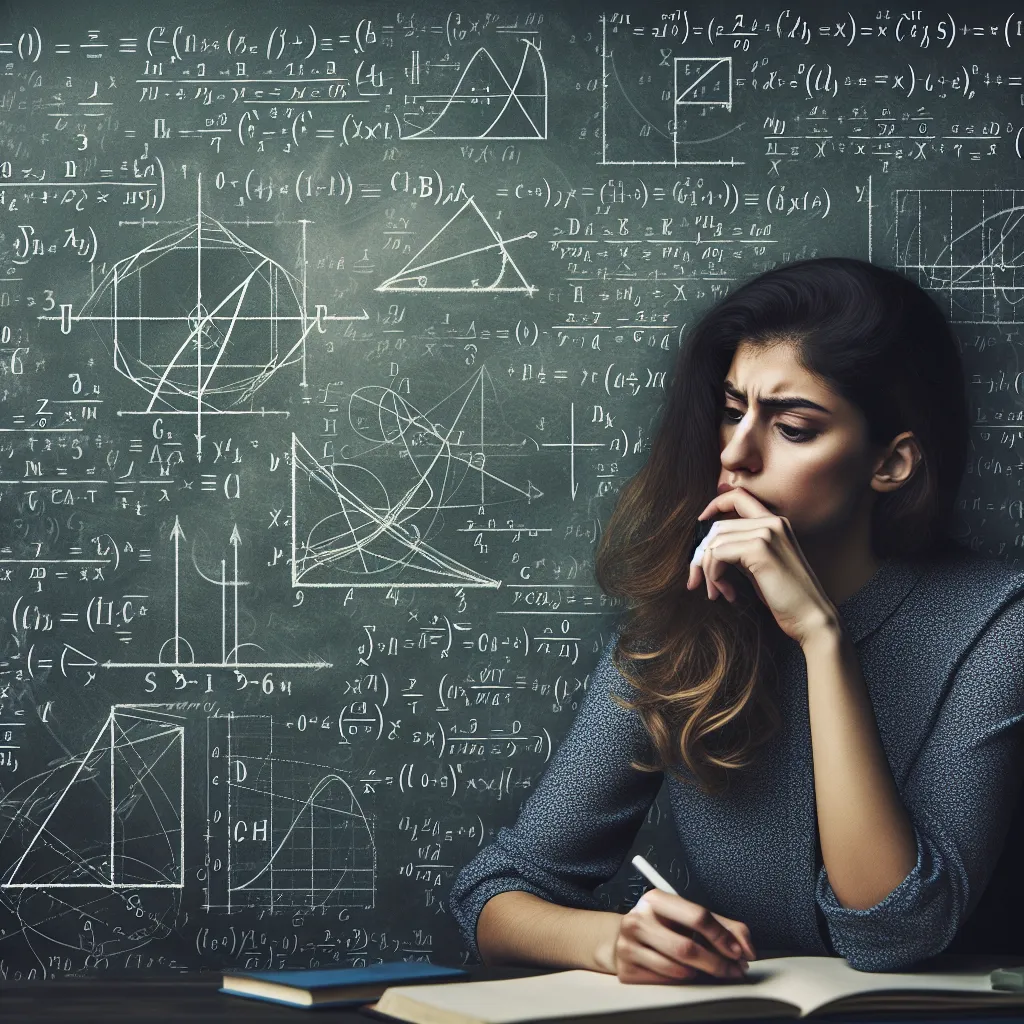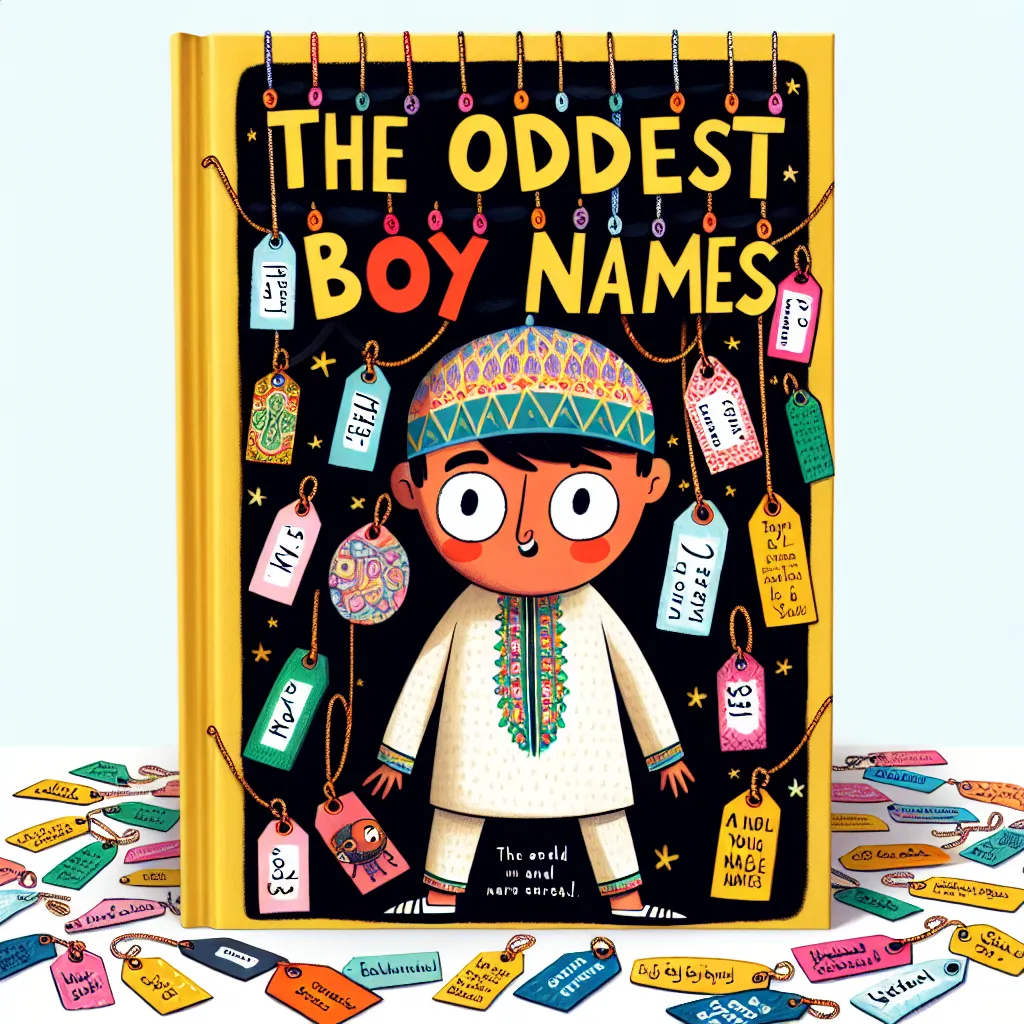Ask AI on The Internet
Question: What’s the hardest riddle in the world, and what is the answer to it
There are many riddles that have been labeled as the "hardest" depending on who you ask, and it largely depends on one’s perspective and problem-solving skills. However, one famously difficult riddle that has stumped many is the riddle known as "The Hardest Logic Puzzle Ever," created by American logician George Boolos. Here is how it goes: **The Riddle:** Three gods A, B, and C are called True, False, and Random. True always speaks the truth, False always lies, but whether Random speaks truth or lies is completely random. Your task is to determine the identities of A, B, and C by asking three yes/no questions; each question must be put to exactly one god, though you can ask one god more than one question. The gods understand English, but will answer each question in their own language, in which the words for "yes" and "no" are "da" and "ja," in some order. You do not know which word means which. **The Solution:** The solution is quite complex and takes advantage of logical structuring to reduce uncertainty. To summarize: 1. Ask God A: "If I were to ask you 'Is B Random?', would you say 'ja'?". 2. Ask God B the same question about C. 3. Ask God C the same question about A. Through these questions, you are using a form of double negation and implication to filter out the randomness and lies. By interpreting the answers through the logical consistency of True and False gods and the randomness of the Random god, you cross-reference their responses to deduce their identities. Breaking down the responses and evaluating them in pairs helps you solve which god is which. The exact step-by-step logical deductions involve addressing conditional dependencies and exclusion principles, typically requiring considerable analysis to align each query's outcome. Note, this riddle involves very intricate logical thinking and even logicians find it challenging, hence being a candidate for one of the "hardest". For an in-depth step-by-step solution, involving conditional truth tables and logical parsing, I would recommend looking into detailed logic puzzle resources or academic papers that explore the full methodology.
Depending on who you ask, there are several contenders for the "hardest riddle in the world." However, one of the most famous might be 'Einstein's Riddle'. It goes like this: "There are 5 houses in five different colors. In each house lives a person with a different nationality. The five owners drink a certain type of beverage, smoke a certain brand of cigar, and keep a certain pet. No owners have the same pet, smoke the same brand of cigar, or drink the same beverage. Here are the clues: 1. The British man lives in a red house. 2. The Swedish man loves dogs. 3. The Danish man drinks tea. 4. The Green house is on the left of the White house. 5. The owner of the Green house drinks coffee. 6. The person that smokes Pall Mall keeps birds. 7. The owner of the Yellow house smokes Dunhill. 8. The man living in the center house drinks milk. 9. The Norwegian lives in the first house. 10. The man who smokes Blends lives next to the one keeping cats. 11. The man who keeps horses lives next to the man who smokes Dunhill. 12. The man who smokes Bluemasters drinks beer. 13. The German smokes Prince. 14. The Norwegian lives next to the blue house. 15. The man who smokes Blends has a neighbor who drinks water. The question is: Who owns the fish?" The answer is the German. It's derived from a process of elimination and deduction based on the clues. It might not be the hardest riddle in the world but certainly, a brain teaser.
Think your answer is better than the AI's? Post it below.
Question Tags
If you want your question answered by an AI, click here.







Post your own comment: